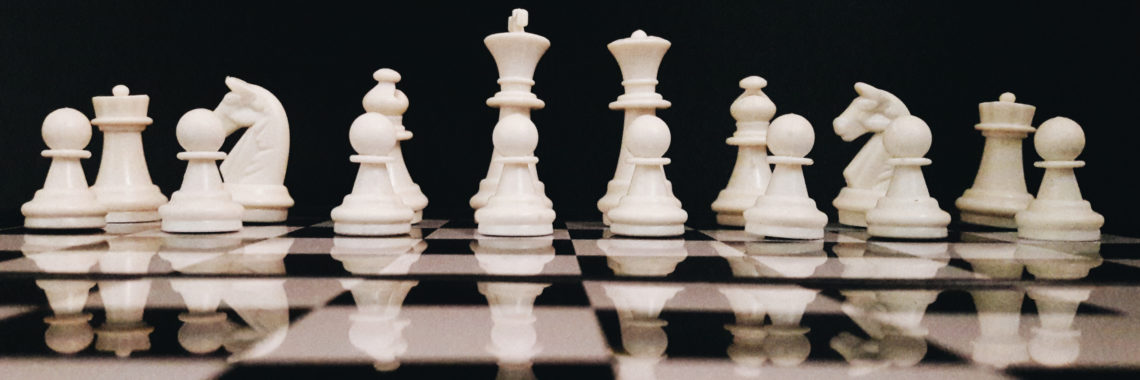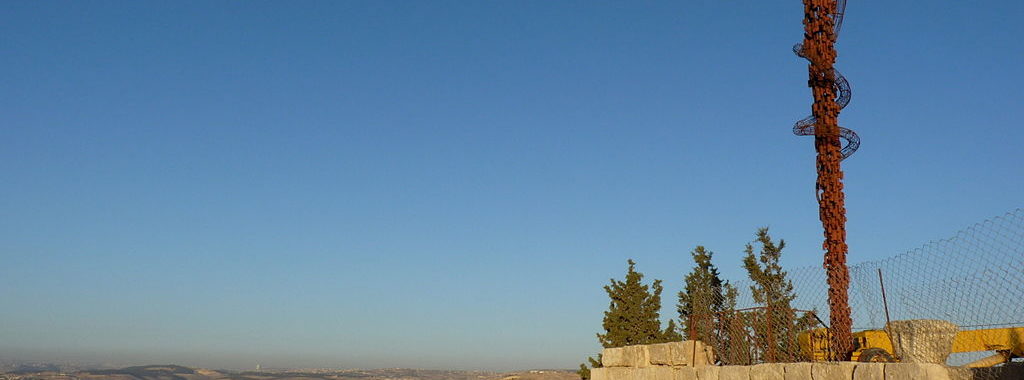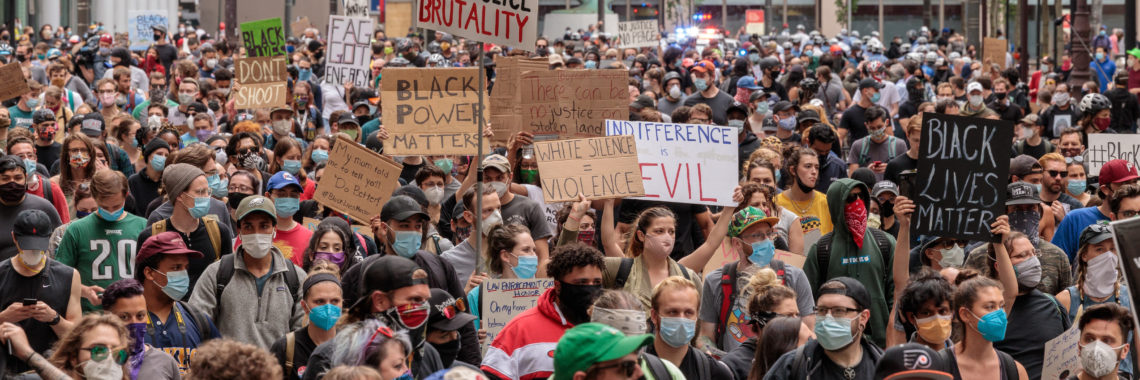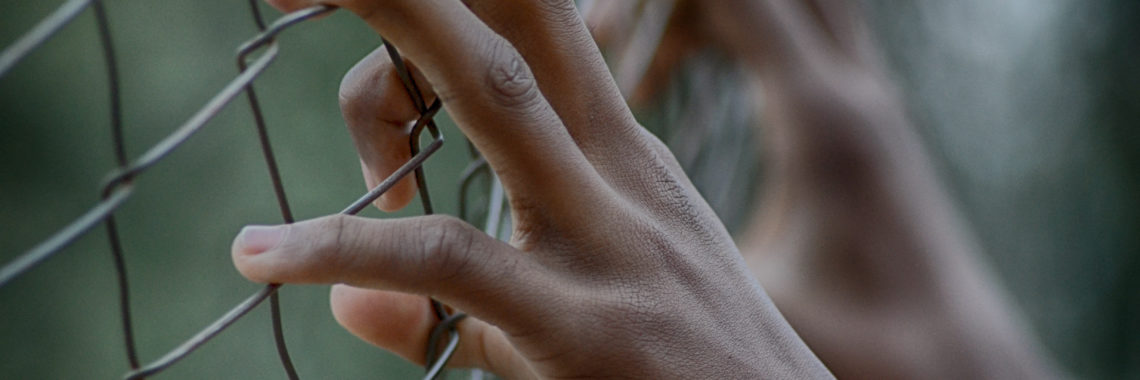“Imperial Pieties: Religion, the Sanctification of Whiteness, and the Duplicity of the Sacred” by Joseph Winters
Photo by sk on Pexels The image of Donald Trump wielding a Bible outside St. John’s Episcopal Church, a snapshot that occurred immediately after protestors were penetrated with tear gas and rubber bullets in order to clear space for the President, quickly became a target of controversy. Some critics, including former Defense Secretary James Mattis,…











